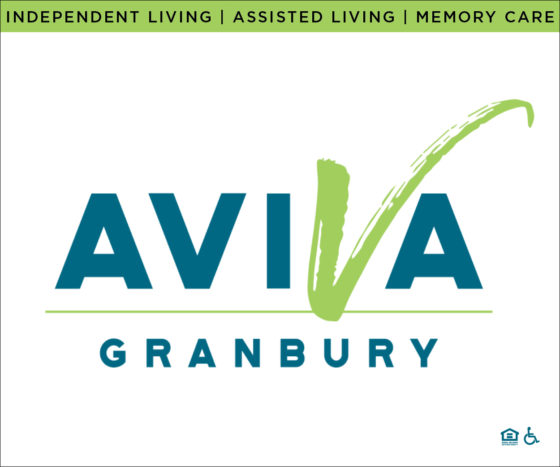By Ken Keller
Harvey Mackay is successful author, speaker and business owner. In his book “Dig Your Well Before You Are Thirsty” he describes in detail how he earned promotions from his first employer.
His first job was managing a broom, and he was assigned the task of sweeping both the production floor and warehouse.
Harvey thought about what it would take to distinguish himself from all of the other employees at the company. He not only wanted to do the right things, he wanted to do things right.
The first thing he did was make sure that he arrived early to work. Harvey knew that by being early he was setting himself apart from others who were competing for a promotion.
Second, he demonstrated a sense of professional and personal responsibility. How did he do this? In his mind he “owned” the cleanliness of the floor that he was assigned.
Because Harvey accepted responsibility for doing a good job, every day, his immediate supervisor didn’t need to micromanage him to make sure that the job was getting done.
That freed up the supervisor to spend time dealing with those who did not have the same work ethic, those who did not understand the concept of “owning the job they were paid to do.”
The third thing he did was to demonstrate enthusiasm for his work. Harvey did this with a strong performance day in and day out, regardless of what else was happening in his life. He did not bring his troubles from home to his job. He did not get caught up in anyone else’s drama. Harvey stayed focused.
Fourth, he learned to become a team player. People have to work together to achieve common goals. Part of being on a team means having to possess, and use, talent, skills and abilities to work with diverse individuals.
Fifth, Harvey understood that forces inside and outside the company would influence change and he would need to adapt or be left behind.
Harvey kept an open mind about how things could be done, avoiding the trap of believing that “this is the way we have always done it.
At one point his supervisor asked him to take on additional responsibilities. Harvey was asked to learn new tasks, to cross train so that when people went on vacation, he could substitute for them. His attitude was that he could never hide behind a job description; his job was what his boss needed him to do.
While having solid communication skills were essential, one skill was paramount: the ability to anticipate what the boss wanted.
Harvey asked his boss what the department’s concerns and issues were. He then presented to his boss solutions to problems that had not been addressed. This ability to think ahead and “look around the corner” for his boss set Harvey apart from just about every employee.
In many organizations, this ability might threaten the supervisor. But that was not the case with Harvey’s boss, who recognized the potential that Harvey had and developed it.
Finally, Harvey understood from that his first day on the job that he could either help his employer make, or save money. He decided that did not want to be a cost, a burden to his employer. He found ways to contribute so that the company could grow even though he was in a low level job that literally anyone could perform.
Why is this important? Within Harvey’s story are many potential questions you can ask prospective employees who seeking employment with your company. Hopefully, you might be able to identify individuals with potential, initiative and a willingness to contribute. Or, perhaps you can use Harvey’s lessons to weed out candidates that may well be a burden on your company before you add them to your payroll.
Ken Keller is a syndicated business columnist focused on the leadership needs of small and midsize closely held companies. Contact him at [email protected]. Keller’s column reflects his own views and not necessarily those of this media outlet.













